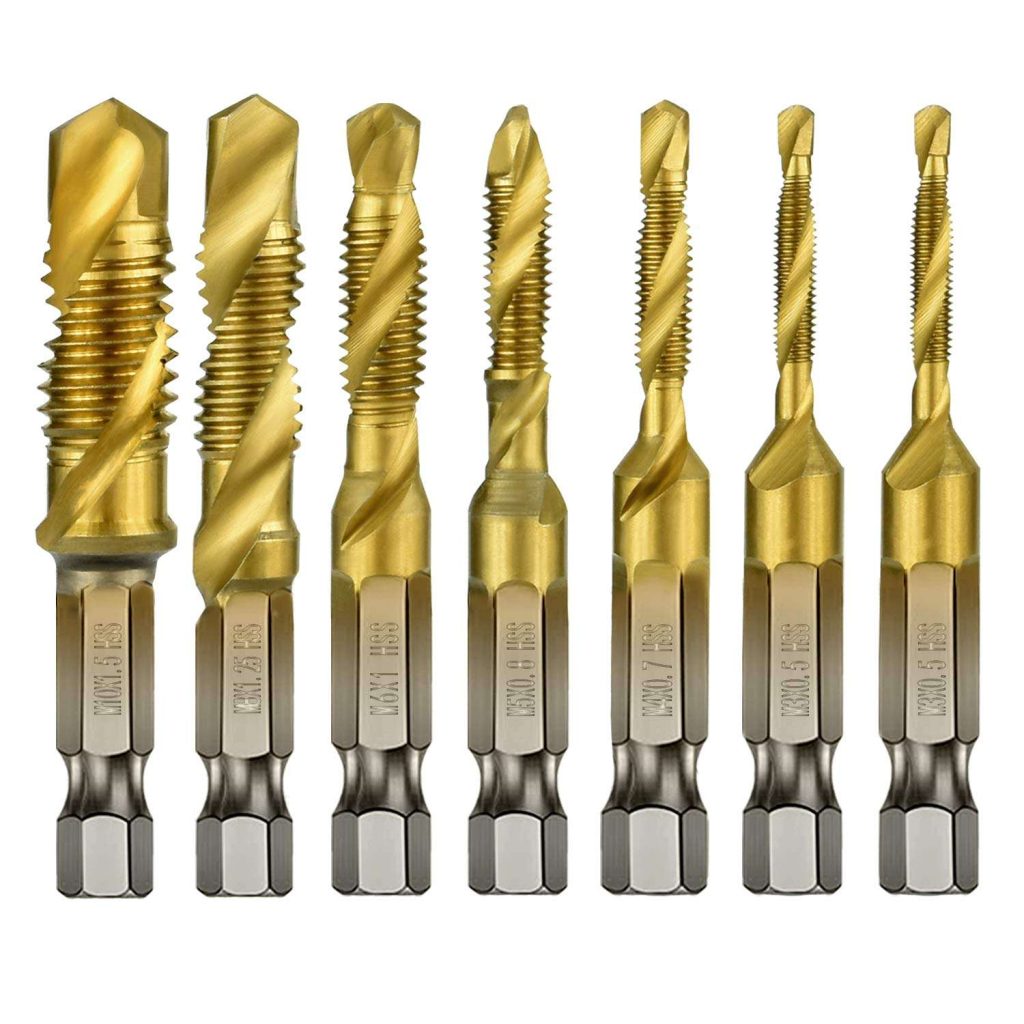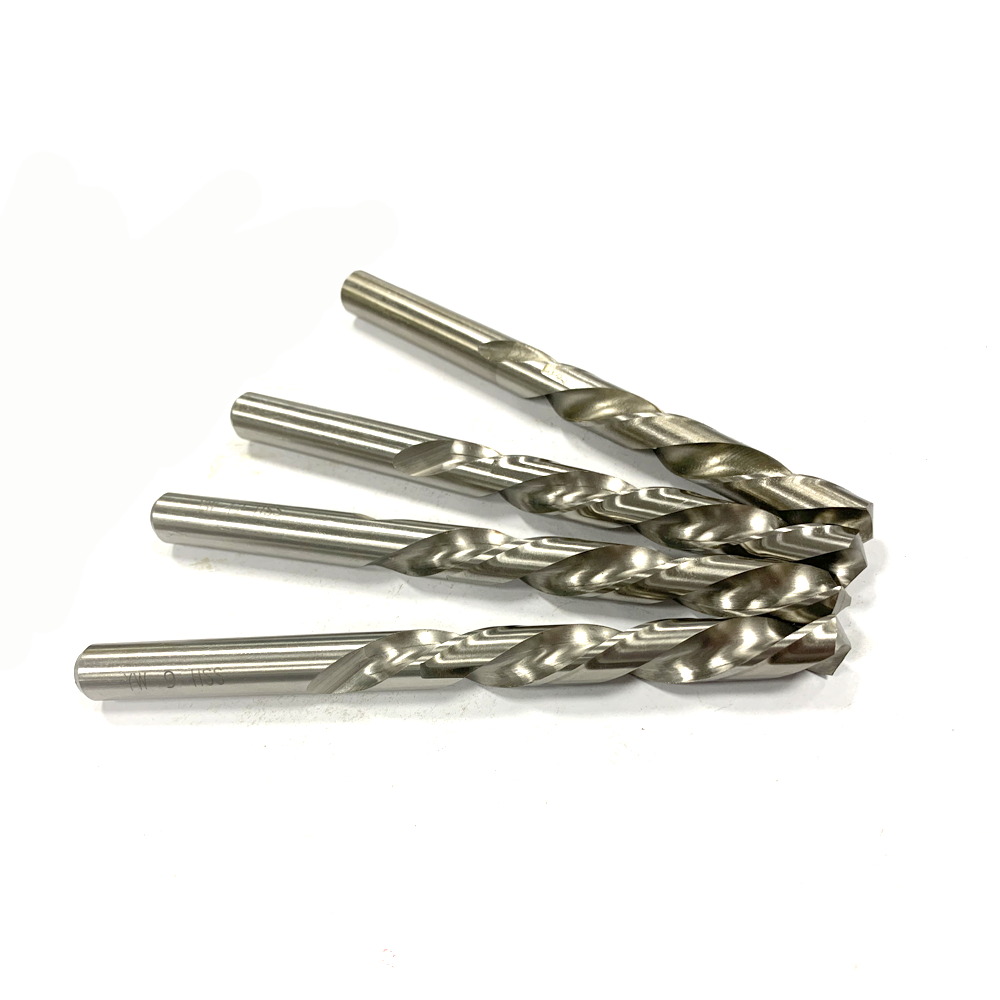HSS Tap: A Precision Tool for Machining
In the field of mechanical machining, taps are commonly used tools for creating internal threads in materials. Among them, high-speed steel (HSS) taps are particularly favored due to their superior performance. This article will provide a detailed overview of HSS taps, including their features, applications, and selection criteria.
What Is an HSS Tap?
An HSS tap is made from high-speed steel, an alloy steel known for its high hardness, excellent wear resistance, and good heat resistance. These properties allow HSS taps to maintain their cutting performance even at high temperatures, making them ideal for machining harder materials like stainless steel and alloy steels.

Features of HSS Taps
High Hardness and Wear Resistance: HSS taps typically have a hardness of 63-67 HRC, ensuring they remain sharp for extended periods and require fewer replacements.
Excellent Heat Resistance: High-speed steel can retain its hardness and cutting ability at high temperatures, making it suitable for high-speed cutting and heavy-duty machining.
Good Toughness: HSS taps offer excellent impact resistance and are less likely to break under demanding machining conditions.
Wide Range of Applications: HSS taps are suitable for various metal materials, including carbon steel, alloy steel, and stainless steel.
Application Areas
HSS taps are widely used in several industries, including:
Automotive Parts Manufacturing: For high-precision threads in components such as engine blocks and transmission cases.
Aerospace: For machining high-performance alloy materials, ensuring reliable and durable threads.
Mold Making: For creating high-precision threaded holes in molds, enhancing the accuracy and lifespan of the mold.
How to Choose the Right HSS Tap
Material Type: Select the appropriate tap based on the hardness and characteristics of the material being machined. For example, use a specialized stainless steel tap when working with stainless steel.
Thread Specification: Determine the required thread size (e.g., M6, M8) and choose a tap of the corresponding size.
Machining Conditions: Consider the machining environment and equipment to select the right type of tap (e.g., straight flute, spiral flute).
Surface Treatment: Some special applications may require surface treatments, such as coatings, to enhance wear resistance and longevity.
Maintenance and Care
To extend the life of HSS taps, follow these maintenance tips:
Regular Inspection: Check the tap for wear regularly and replace it if significant wear is detected.
Proper Usage: Follow correct usage procedures to avoid overloading and improper operation.
Lubrication and Cooling: Use appropriate cutting fluids for lubrication and cooling to reduce friction and heat generation.
In summary, HSS taps are essential tools in modern mechanical machining, thanks to their outstanding performance. By selecting and maintaining HSS taps correctly, you can significantly improve machining efficiency and product quality.

